Baxter Fellowships
Baxter Fellowships provide an accelerated career path for emerging leaders in a range of research fields.

The Baxter Fellowship is one of the means by which the University of Dundee develops research capacity in strategically important areas through long-term investment in early career researchers transitioning to independence and leadership. Baxter Fellows are emerging leaders in a diverse range of fields, straddling medicine, mathematics, jurisprudence, pedagogy, biochemistry, contemporary art practice and beyond.
The Fellowship provides an accelerated career path supporting researchers for five years as they establish their position within the University, and provides a small contribution towards research costs. The Fellowship aims to create an interdisciplinary forum, acting as a crucible for new collaborations. The Fellows regularly meet to identify researcher training and progression needs in conversation with the Vice-Principal Research and supported by a dedicated Research Development Team. The Fellowship connects researchers with the academic community at both School level and across the University. The Baxter Fellowships come with protected research time in the first years to shield early researchers from undue teaching pressures and allow them to focus on their world-leading research.
Established in 2019, the fellowships are named in honour of Mary Ann Baxter, who founded University College, Dundee, the forerunner to the University of Dundee.
The University recently published a report into the institution’s historical links with transatlantic slavery. The study acknowledges that whilst the University’s founders played a leading role in widening access to education by promoting the education of students of both sexes, Mary Ann Baxter and her family’s fortune was derived indirectly from slavery. Read the full report
About our Baxter Fellows
Judit Bodor, Baxter Fellow in Curatorial Practice, Duncan of Jordanstone College of Art & Design
2020 cohort of Baxter Fellows
person
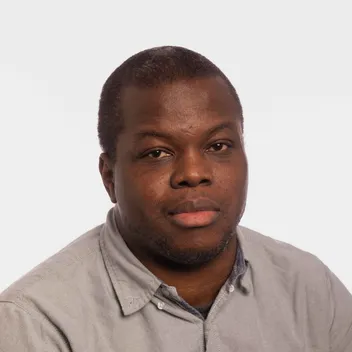
person
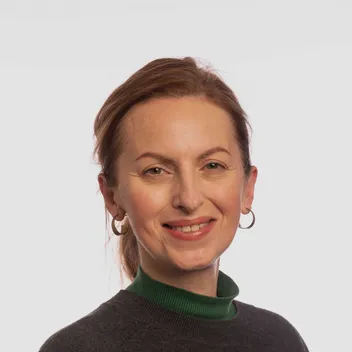
person

person
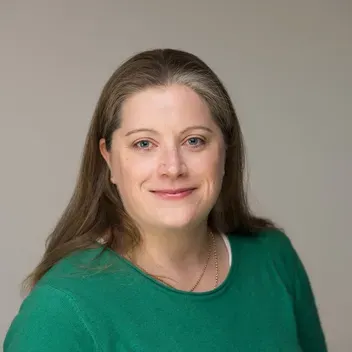
person
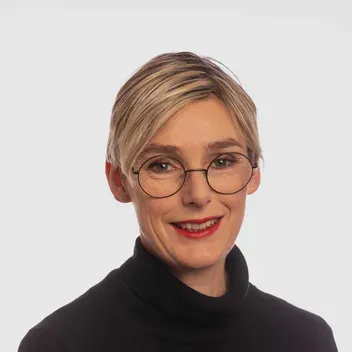
person
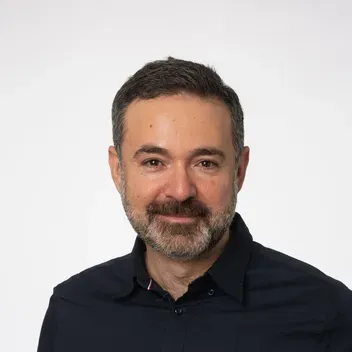
person
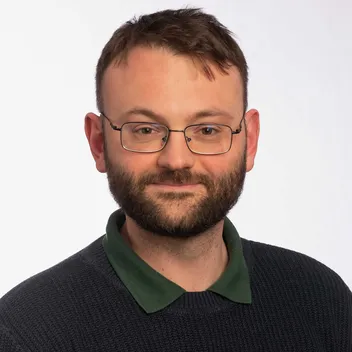
person

person
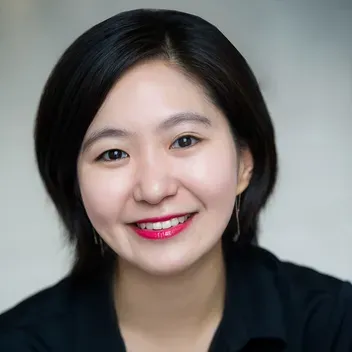
person
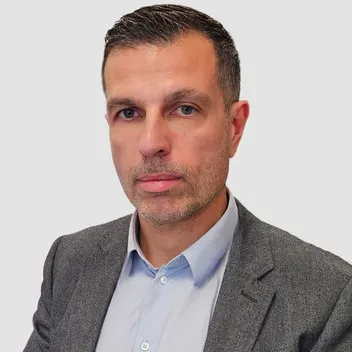
person

person
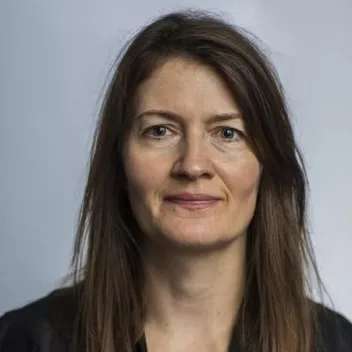
Biographies
Oluwasesan Adegoke
Oluwasesan Adegoke holds a PhD degree in Chemistry from Rhodes University, South Africa. He joined the Leverhulme Research Centre for Forensic Science in 2018. As a Baxter Fellow in Forensic Chemistry, he leads the research group on the development of optical nanobiosensor systems for environmental, food, defence & security and biomedical applications. He is a member of the Royal Society of Chemistry.
Judit Bodor
Judit Bodor is a curator whose experimental practice research explores post 1970s time-based and networked artworks through engagement with artist archives, exhibition-making, artist commissions and publishing. She is Programme Director of the MFA Curatorial Practice at the School of Art & Design (DJCAD) and Leads the Creative Economies Knowledge Exchange Hub at Scottish Graduate School of Art & Humanities.
Heather Cassie
Heather Cassie is a health service researcher with expertise in qualitative methods and applying behavioural theory to improve patient care. She has particular interest in identifying strategies to reduce non-evidenced based healthcare.
Alison Dicker
Alison Dicker is a molecular biologist in the Respiratory Research Group, School of Medicine, who uses next generation sequencing approaches and bioinformatics to understand the role of the microbiome in disease progression and outcomes in chronic respiratory diseases. She has a particular interest in how the microbiome is linked between different bodily niches and how modulation of the microbiome could be used therapeutically.
Jacqueline Donachie
Jacqueline Donachie is Baxter Fellow in Creative Economies at Duncan of Jordanstone College of Art & Design. She has an established career as an artist working across socially engaged, interdisciplinary practice, and in 2016 completed a PhD with Northumbria University that examined the capacity for art practice to influence research and care in the field of human genetics. Her research interests cover contemporary art practice, healthcare, leadership and inclusion, with a particular emphasis on the role of participation in both academic and artistic research.
Eric Hall
Eric Hall (PhD Edin, FIMA) is an applied mathematician specialising in stochastic and predictive modelling, simulation, and uncertainty quantification. Eric develops data-driven techniques for robust decision-making. Before joining the University of Dundee School of Science and Engineering, Eric held postdocs at RWTH Aachen University, University of Massachusetts Amherst, and KTH Royal Institute of Technology.
Shahin Homaeigohar
Shahin Homaeigohar completed a PhD in Material Science from the University of Kiel, Germany and has held postdoctoral research positions at the University of Erlangen-Nuremberg (FAU) and Helmholtz Centre Hereon, Germany and Aalto University, Finland. In 2020, he joined the University of Dundee as a Baxter Fellow and lecturer of Biomedical Engineering (biomaterials). Shahin’s research interests include nanofibrous wound dressings and nanofibrous tissue engineering scaffolds.
Thomas Jones
Thomas Jones holds an Engineering Doctorate from Heriot-Watt University in Photonics and Optics Technologies and since 2020 has been a Baxter Fellow in Materials Science at the University of Dundee. He investigates the development of new manufacturing techniques and processes by implementing devices such as Laser, additive manufacturing (3-D printing and inkjet) and traditional metal casting.
Eva Jueptner
Eva Jueptner (Rechtsassessorin, LLM, PhD) is a Lecturer in the School of Law. Her research interests lie in particular in the area of private international law, with a focus on legal regimes fostering cross-border litigation. Before joining the University of Dundee, Eva worked at the Institute for Private International Law and Civil Procedure at the University of Bern, Switzerland.
Jihye Kim
Jihye Kim joined the University of Dundee School of Business in September 2020. She holds an MPhil and PhD in International Business from the University of Manchester, UK. Her research interests include corporate social responsibility, sustainability, social value and innovation. Her work has been published in Management International Review and International Journal of Entrepreneurial Behaviour and Research.
Luigi Manfredi
Luigi Manfredi is an academic member of the Centre for Medical Engineering and Technology at the University of Dundee, and a member of the EAES (European Association for Endoscopic Surgery and other Interventional Techniques) Technology Committee. His research focuses on smart Endorobots for the gastrointestinal tract for early cancer screening, and treatment based on smart materials (e.g., shape memory alloys (SMA) and soft polymers).
Louise Marryat
Louise Marryat is a quantitative sociologist, situated in the School of Health Sciences, who uses birth cohort studies and routinely collected data to investigate the developmental pathways of children who experience early adversity, such as parental substance use or child maltreatment.
Glenn Masson
Glenn Masson is a biochemist and structural biologist, working on a precision medicine approach to develop better therapeutics for people suffering from mesothelioma, the cancer caused by asbestos exposure. Working in the Division of Cellular and Systems Medicine in the School of Medicine, he works with scientists and clinicians to find new drugs and targets to combat this cancer of the lung lining.
Claire Methven O’Brien
Claire Methven O’Brien (BA, LLM, PhD) is Reader in Law in the School of Law. Her research investigates how to regulate the human rights impacts of business activity. Her work has been cited in the design of new laws and policies by the United Nations, European Union and Organisation for Economic Cooperation and Development.
Glenn Masson, Principal Investigator Cellular Medicine, School of Medicine
Email: [email protected]